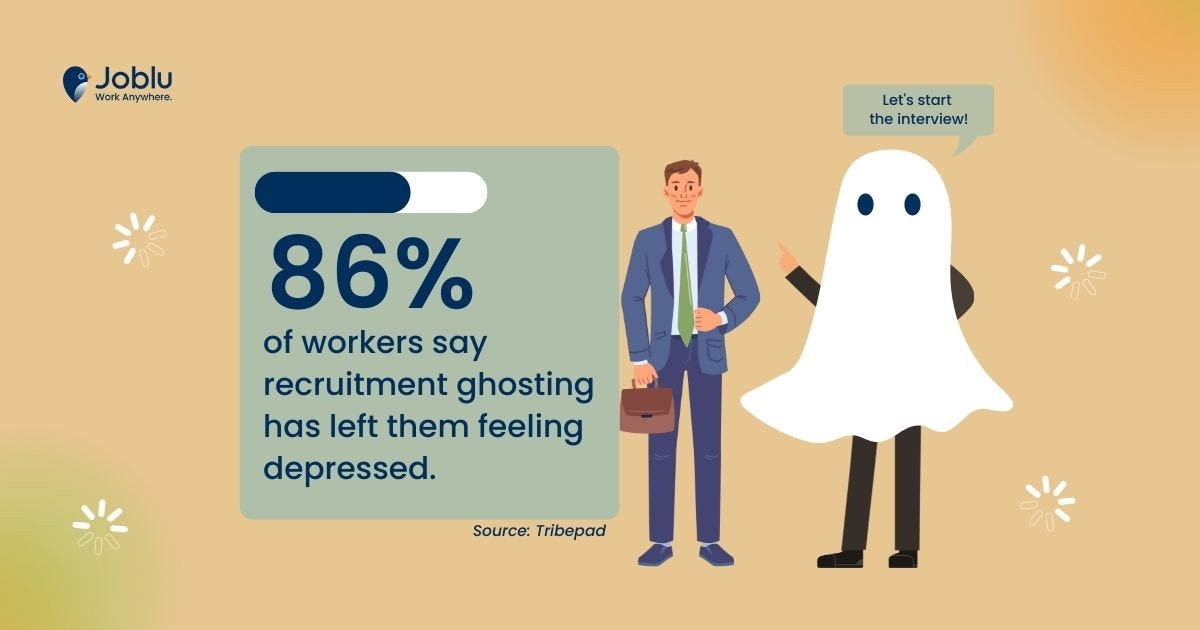- A1 Engineering
- Posts
- Why interview debriefs are so important and why you need to do them
Why interview debriefs are so important and why you need to do them
Boost your hiring game with great interview debriefs

Photo by Tim Gouw on Unsplash
Interview debriefs are sessions where the panel that is conducting the interview meets up after everyone has talked to the candidate. A typical Engineering panel consists of interviews with -
👯 Stakeholders
💻 Coding folks
🏗️ System Design/Architecture folks
💼 Hiring Manager
⚡️Executive/Bar-raisers
One of the core reasons why teams conduct formal interview debriefs is to get inputs from the interview panel. I would argue that an even more important reason is to build a feedback loop in the organization, so that the interview panel learns from each other and people know exactly what to look for when interviewing someone. You want your interviewing process to be fair and to be a true representation of how you, as a team, operate.

Who benefits from this debrief process?
💼 Hiring Manager
The Hiring Manager is the ultimate authority on go/no-go for a particular candidate and it is crucially important that they get the inputs they need in order to make a decision.
A Hiring Manager assimilates the inputs from all these different people in order to ensure that they are in the best position to make an unbiased, well informed decision about how to proceed with the candidate.
IMO, the 2 aspects of conducting a debrief that provide the most value to the hiring manager, include —
Not making the panel say “Yes” or “No” to the candidate but instead provide rich feedback that highlights the strong and weak points of the candidate. Forcing a Yes/No at the end of each person’s feedback could cause ego problems. Particularly in cases when someone said “No” to a candidate but then the hiring manager went ahead and hired them anyway.
While the team can and should opine on how they feel about the candidate, the hiring manager has ultimate power on deciding whether or not they should hire this person. Individual panel members only look at their sliver of interviews whereas the hiring manager needs to look at lots of other factors including things like compensation, immigration status etc. I liken this to a President listening to her cabinet of advisors on some topic of making a decision but the burden of making the call lies with the President.

👯 Interview Panel
The hiring manager(s) are not the only ones to benefit from this debrief process. The other big beneficiary is the interview panel. By helping talk scenarios through in an open and unbiased way, it helps calibrate what people are looking for in a candidate over time. When senior folks point out something they know through experience, or junior folks point out something with a fresh perspective, it helps that interview panel to adapt to new and/or proven ideas that help determine candidate success in the long term. Along with that, the healthy and honest discussions of why people think in a certain way, helps interviewers become better at being able to understand drivers of success (or failure) in a particular candidate that they can use in the future.
🧑🎤Candidate
Another beneficiary of this process is the candidate. Regardless of whether the candidate will be extended an offer or rejected, the Hiring manager is armed with a ton of inputs from their team to be able to have a much better conversation with internal HR as well as the candidate. If the candidate is especially strong and has gotten a rousing endorsement, the Hiring manager can make a pitch for either leveling up the candidate or compensating them better. On the other hand, if the candidate is weak, then the Hiring manager has a lot of specific feedback that they can provide to the candidate, if the candidate would want to receive it.
We have all been interview candidates that have been ghosted by companies at every stage of the interview process. The ones that are the worst are when you interview at the onsite stage and then either get ghosted or an automated email saying “Unfortunately, we have decided to go ahead with other ….”. I made it a policy to give all on-site candidates an opportunity to receive feedback if we passed on them. The interviewing process is brutal for candidates. There is no reason for us, as interviewers, to not be human and offer a bit of empathy as part of it.

🏛️ Company
And lastly, the company is a big beneficiary of this process. Having a structured interview process, that is honest and fair in its approach and conduct, helps build a culture where people know what to expect as part of the process. Being able to have an open dialog amongst different members of the team, as they debate and discuss the merits of a new person they want to add to their team, gives them a sense of ownership — both in terms of decision making, and being able to have a say in who they get to work with.
It’s a win-win-win all around and while this might be an obvious thing to do in bigger companies, is not always done in smaller companies due to the additional overhead. However, as pointed above, the benefits are myriad and necessary for the overall growth of the team and company.
If you liked this article, please like ❤️ / restack 🔄 to spread the word! If you agree/disagree with anything, please leave comments or questions on the article and we can discuss it!
🤓 This Week’s Top 3
Great article about being Too detailed in the wrong ways, not detailed enough in the right ways
Good read on the complex nature of organizing your teams - Organization Architecture
Reply